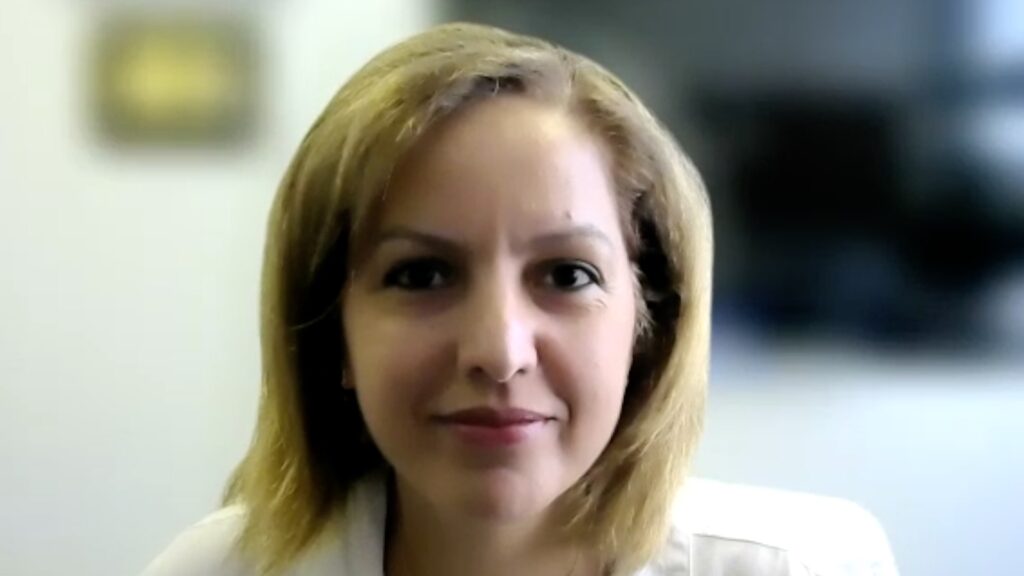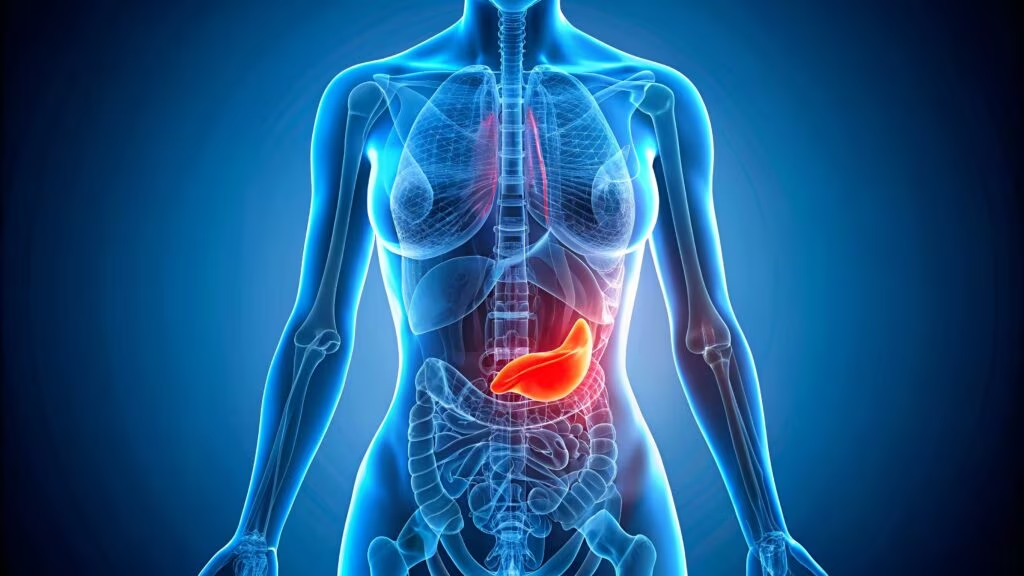Search Results
Showing Results for psychology

Dr Mary Ellen Vajravelu, MD, MSHP, is a paediatric endocrinologist and assistant professor of paediatrics and epidemiology at the University of Pittsburgh School of Medicine. Her clinical and research work focuses on paediatric obesity, insulin resistance, and type 2 diabetes. A ...

Polycystic ovary syndrome (PCOS) is a multifactorial, multifaceted syndrome that affects women across all ages from adolescence to post-menopause. It is reported to be the most common endocrinopathy in women of the reproductive age group.1 The nature of this syndrome ...

Thyroid nodules arising in the isthmus are more likely to be malignant and demonstrate more aggressive behavior relative to thyroid nodules from either thyroid lobe. touchENDOCRINOLOGY were joined by Dr Sina Jasim (Washington University, St Louis, MO, USA) to discuss ...

Congenital adrenal hyperplasia is an innate error in the biosynthesis of adrenal steroids, which triggers a wide range of consequences based on the level of the enzyme blockade. A deficiency in the enzyme 21-α-hydroxylase is the most frequent cause, ...

I work in a semi-rural practice in South-West Scotland, in one of three practices based in a purpose-built medical centre. As with most NHS general practices we are furnished with relatively outdated computer hardware and old software. Our practice, however, ...

Diabetes distress Diabetes distress (DD) is a well-described challenge of living with diabetes. While earlier authors defined DD as a set of unique, often hidden emotional burdens and worries that are part of the spectrum of patient experience when managing ...

‘We are what we think. All that we are arises with our thoughts… Be the witness of your thoughts.’ – Gautama Buddha1 The biomedical approach in modern medicine focuses on disease as a deviation from the norm of measurable biological variables. ...

Alexithymia Alexithymia is a personality trait that refers to the inability to express emotions in words. The term was coined by psychotherapist Peter Sifneos in 1973, who used it to imply “no words for mood.”1 Over the past half-century or so, ...

It is vital for all of us involved in endocrinology and diabetes to keep abreast of advances in the various fields which will help those for whom we are responsible, our patients. As an endocrinologist with a particular interest in ...

The recent Advanced Therapeutics and Technologies in Diabetes (ATTD) conference held in Milan, Italy was a timely reminder of how the mechanics and engineering precision involved in diabetes technologies can sometimes seem to be on the polar opposite end of ...

‘Quality of life’, we believe, is becoming a more esoteric and often confusing term than first intended when it was originated. At one time just being alive constituted a primitive form of ‘quality of life’. ‘Quality of life’, we believe, ...
Latest articles videos and clinical updates - straight to your inbox
Log into your Touch Account
Earn and track your CME credits on the go, save articles for later, and follow the latest congress coverage.
Register now for FREE Access
Register for free to hear about the latest expert-led education, peer-reviewed articles, conference highlights, and innovative CME activities.
Sign up with an Email
Or use a Social Account.
This Functionality is for
Members Only
Explore the latest in medical education and stay current in your field. Create a free account to track your learning.


